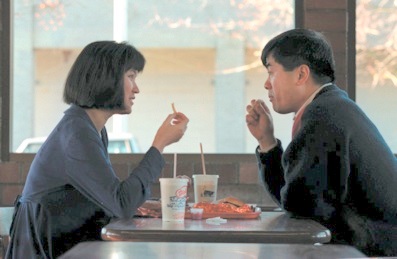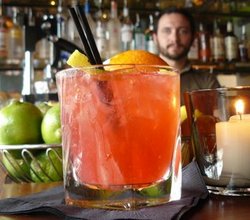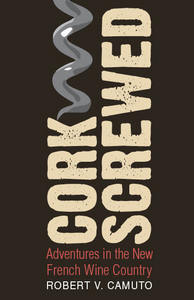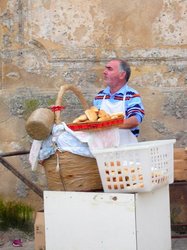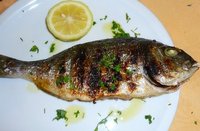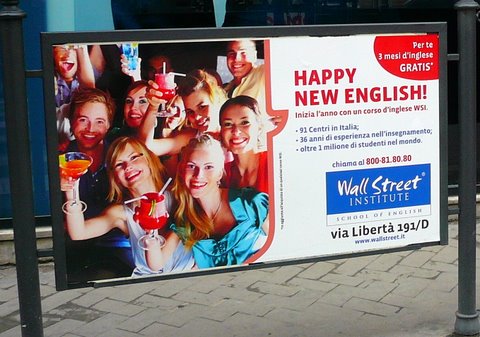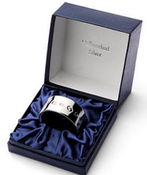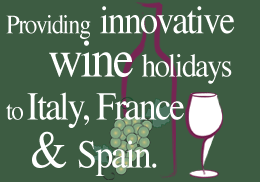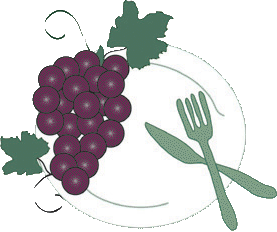In the beginning, there was Trader Vic's. For a couple of years, anyway (except on the internet, where nothing ever dies). When the Westin Bellevue opened, across from Bellevue Square, with its block-long driveway down 6th Avenue NE, the hotel's porte-cochère was on the right, and Trader Vic's on the left, but--awkwardly--you couldn't drop off your car with the hotel valet if you just wanted a Mai Tai and pupus. There's no street presence; Palomino has the corner location, all shimmering white tablecloths, opposite Bel Square's mid-market Red Robin.
Into this foggy swamp came two fearless refugees from Schwartz Brothers: one of the chain's executive chefs, Bradley Dickinson, and its regional manager, Mikel Rogers. The two had crossed paths at various Schwartz properties (Daniel's Broiler, Chandler's Crab House, Spazzo's) and were looking for a space of their own. So Trader Vic became Bellevue's glitziest new restaurant, Pearl.
Shiny on the outside, with a giant fixture like a bug lamp, dark and glossy on the inside, with plenty of slate and chrome, polished stone and gauzy room dividers. (Like being on the inside of a pearl, you see.) A hundred seats in the bar, even more on the restaurant side, including a U-shaped chef's table for 10 overlooking the passe where Rogers or Dickinson (and sometimes both) inspect every plate before it's served.
Two big hits, two misses. The "World's Best Oyster" was a single Totten Inlet virginica, chilled within an inch of its life by multiple layers of ice, accompanied a black pepper mignonette.And a wild mushroom risotto with porcini broth and truffle oil that was extremely satisfying. But a salad of heirloom beets was unsalted, its vinaigrette no match for the bitter watercress. An almost-perfect, moist and tender filet of Alaskan king salmon, served with rich, ivory-colored corona beans, included wilted but overly bitter greens.
Did actually anyone taste the beets? Did anyone check the flavor of the greens before sending out the salmon? Pearl ain't no diner, not at $39 for filet mignon. It's great that Pearl's two pros are making sure every plate looks terrific; they just need to tweak the flavors a bit.
Customers still have to know where to look, because Pearl's Bellevue Way signage is modest, to say the least, but at least they've solved the parking problem: the restaurant now validates the Westin's valet service. Bellevue should be happy: not only does Pearl offer decent food, a buzzing bar and a warm welcome, it has the thing Eastsiders seem to prize above all: free parking!
Pearl Bar & Dining, 700 Bellevue Way NE (at but not in the Westin Hotel), Bellevue, 425-455-0181. 
